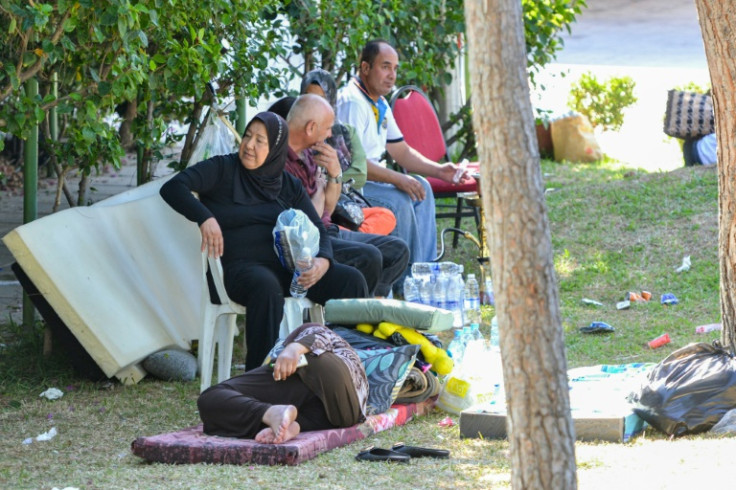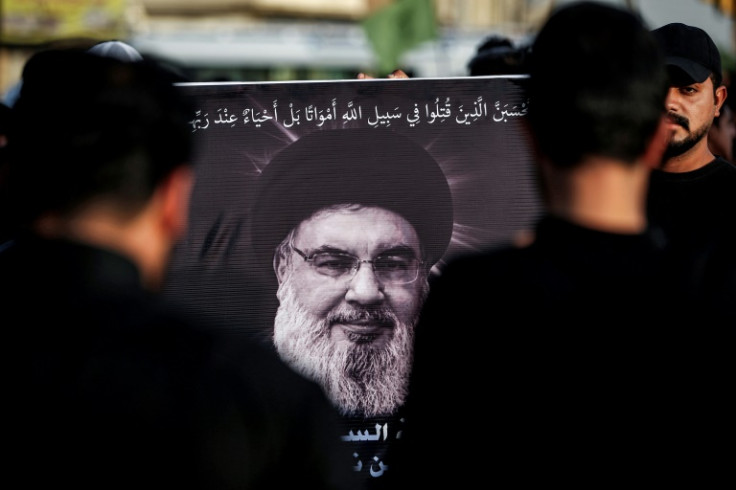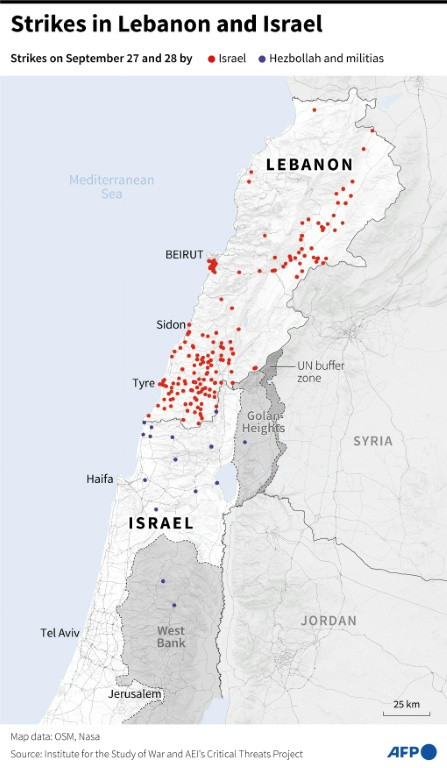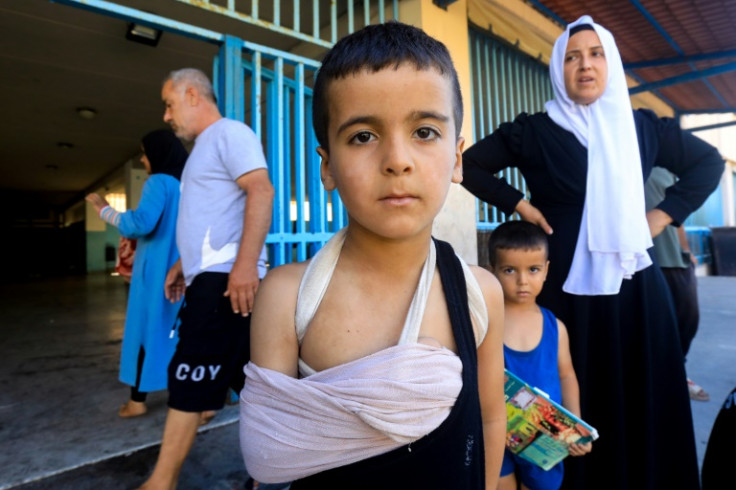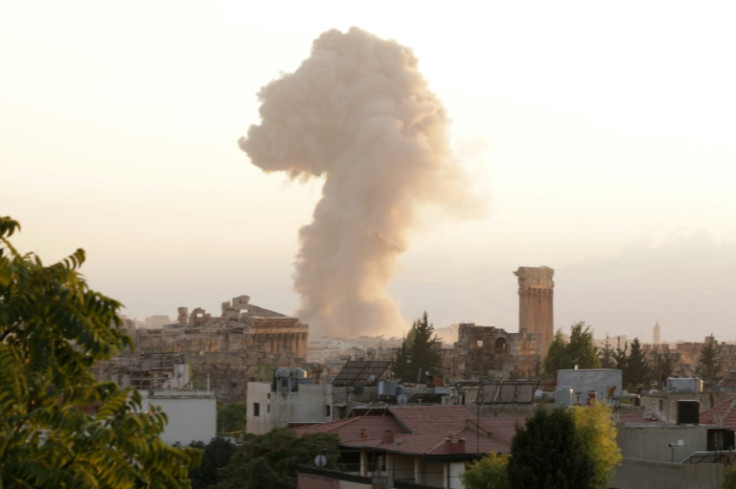
Israel carried out an air strike on a Beirut apartment block on Monday, a Lebanese security source said, killing four people in its first such raid on the heart of the city since the outbreak of the Gaza war last year.
Israel has turned its focus from Gaza to Lebanon in recent days, carrying out attacks on Iran's regional allies. Strikes on Hezbollah targets killed the Iran-backed group's leader Hassan Nasrallah on Friday.
Monday's drone attack targeted a "flat belonging to Jamaa Islamiya", a Lebanese Islamist group, the security source said.
The Popular Front for the Liberation of Palestine (PFLP), a secular left-wing group, said three of its members were killed in Monday's strike on Beirut's Kola district.
The group said in a statement that its military security chief Mohammad Abdel-Aal, military commander Imad Odeh, and Abdelrahman Abdel-Aal were killed.
The Israeli military said it had launched fresh strikes on dozens of Hezbollah targets in Lebanon's Bekaa region on Monday.
Israel "will continue to attack powerfully, damage and degrade Hezbollah's military capabilities and infrastructure in Lebanon", the army said in a statement on Telegram.
Television footage showed the partially flattened floor of the building targeted by the strike, in the predominantly Sunni neighbourhood of Kola, near the road linking the capital to Beirut airport.
AFP journalists reported drones flying over the Lebanese capital throughout Sunday.
Israeli attacks have killed hundreds in Lebanon since last Monday, the deadliest day since the country's 1975-1990 civil war.
Lebanon's health ministry reported at least 105 people killed in Israeli strikes on Sunday, with 359 people wounded.
In the last week, Israeli bombardment has killed more than 700 people, including 14 paramedics over a two-day period, the ministry said.
UN refugee chief Filippo Grandi said "well over 200,000 people are displaced inside Lebanon" and more than 50,000 have fled to neighbouring Syria.
Prime Minister Mikati said up to one million people may have been uprooted, in potentially the "largest displacement movement" in Lebanon's history.
Israeli aggression on Lebanon has sparked fears of an all-out war in the Middle East.
Israel said it also carried out strikes in Yemen on Sunday, targeting Iran-backed Huthi rebel positions.
Huthi media reports said those strikes killed four people and wounded 33.
The raids in Yemen came a day after the Huthis said they launched a missile at an Israeli airport, trying to hit it as Prime Minister Benjamin Netanyahu was returning from New York.
The Israeli military has said its operations in Lebanon aim to eliminate Hezbollah's leadership and capacity to attack Israel.
It said the air strike that killed Nasrallah on Friday also "eliminated" another 20 Hezbollah members, including senior leaders.
Israel also said another strike on Saturday killed Nabil Qaouq, a member of Hezbollah's central council.
Hezbollah has yet to officially announce his death, but a source close to the group said Qaouq had been killed.
Analysts told AFP Nasrallah's death leaves a bruised Hezbollah under pressure to respond.
World leaders have called for a de-escalation to avoid a wider regional conflict.
French foreign minister Jean-Noel Barrot met with Prime Minister Najib Mikati in Lebanon on Sunday night -- the first high-level foreign diplomat to visit since the Israeli strikes intensified -- and said Paris sought "an immediate halt" to Israeli strikes.
Saudi Arabia's foreign ministry issued a statement early Monday, calling for Lebanon's "sovereignty and territorial integrity" to be respected.
US President Joe Biden -- whose government is Israel's top arms supplier -- said Sunday a wider war "really has to be avoided".
Pope Francis, asked about Israeli air strikes on civilians, said a country "goes beyond morality" when defence is not proportional to the attack.
In Gaza, the territory's civil defence agency said Israeli strikes Sunday killed several people.
Of the 251 hostages seized by militants, 97 are still held in Gaza, including 33 the Israeli military says are dead.
Israel's retaliatory military offensive has killed at least 41,595 people in Gaza, most of them civilians, according to figures provided by the Hamas-run territory's health ministry. The UN has described the figures as reliable.
